Real estate is one of the most lucrative industries in the world. People are always interested in real estate investments as it is the most profitable one. However, like any other field, there are also real estate scams.
Scams in the real estate industry are a serious issue. It is important for potential buyers to be aware of what they are getting into before making a purchase. There are many scammers out there waiting to steal hard-earned money from potential buyers, and it is critical to do your research before entering into any transactions with them.
Home buying scams are not just from the seller’s end, but sometimes there are also some fake real estate buyers that can put sellers in some serious trouble. However, it is a rare case.
People usually want to buy new houses and decorate them with beautiful collections. There are hundreds and thousands of websites where they can buy the decor. However, sometimes a security breach can occur. It means that your account credit card information can be hacked by hackers.
To tackle this, it is essential to have the best VPN, Android, and IOS. There are many other cool things to do with a VPN. We’ll discuss it more briefly later in the article but mainly focus on property scams. And finally, we will answer the following questions:
- How do online sellers avoid scams?
- What are the three most common scams made online?
- How do I protect myself from real estate scams?
- What kind of real estate scams are there?
So, stay tuned!
Common Real Estate Frauds:
Wire Transfer Fraud:
The most common house frauds type of wire transfer fraud relies on malicious software that can be remotely installed on a computer. These types of malware often work as keylogging programs, capturing sensitive data such as bank account credentials and then forwarding it directly to the fraudster. That’s why it is recommended that people make use of VPN while using the internet.
Home Title Theft:
Homes are the most valuable assets many people own. As a result, homeowners are at risk of being the victims of home title theft. Home title theft is when counterfeit documents are used to transfer property ownership rights from an owner to another individual or company.
These documents could be photocopied, forged signatures, falsified deeds, or even real deeds that have been tampered with.
Rental Fraud:
Rental scams are one of the most prevalent types of real estate fraud in the United States. A rental scam is when a property owner or manager advertises a property for rent and then collects an application fee from prospective tenants, only to never respond to their inquiries.
This type of fraud often occurs on third-party websites like Craigslist. After responding to an advertisement, it is common practice to request documentation that the property is available for rent before sending over money or filling out an application.
It is also important to use a VPN-free application on such websites to hide the original identity. There are many other best uses for VPN as well. Let’s discuss the importance of VPN briefly before moving towards tips to avoid property fraud.
Why Should You Use VPN?
As we discussed earlier, buying a new house and decorating it with beautiful artwork and collections is a dream of every person in this world. However, when they go online and order a decor item, they don’t know whether their personal information is compromised or not.
That’s where VPN comes in and plays its role. People can do many cool things to do with VPN, but unfortunately, they don’t know about them. A VPN can help you maintain your privacy by giving you a fake IP address.
A VPN allows you access to a private network which helps keep your information secure on all of your devices so that hackers cannot obtain it. You can also access blocked websites and content. With many VPNs out there, we recommend people use VeePN apps to download.
Avoid Real Estate Frauds:
Hire Professionals:
People who are considering purchasing a home or commercial property should take the necessary steps to avoid falling victim to real estate fraud. This includes doing their own research and hiring a qualified real estate professional to assist with the process. Professional organizations offer a number of resources that can help potential buyers understand how to identify a false advertisement, what red flags to look for in a property, and how to deal with an unethical salesperson.
Do Online Research:
You should avoid real estate fraud by performing your own online research. Websites such as Trulia and Zillow have a wealth of information that can be used to help determine the value of a home, the neighborhood amenities available, and so much more. By using this data, you will be able to make an informed decision about whether to purchase a property.
Ask For More Information:
People should ask sellers for more information if they have doubts about the property’s condition, any legal issues, or reasons for sale. It is important to be an educated buyer and ask lots of questions of the seller before signing on the dotted line.
In conclusion, real estate scams are common in today’s digital age. This article has given you some great advice on how to avoid these scams, but there is always the potential for mistakes. The best way to stay safe is to be an educated consumer who does their research before making any decisions.

